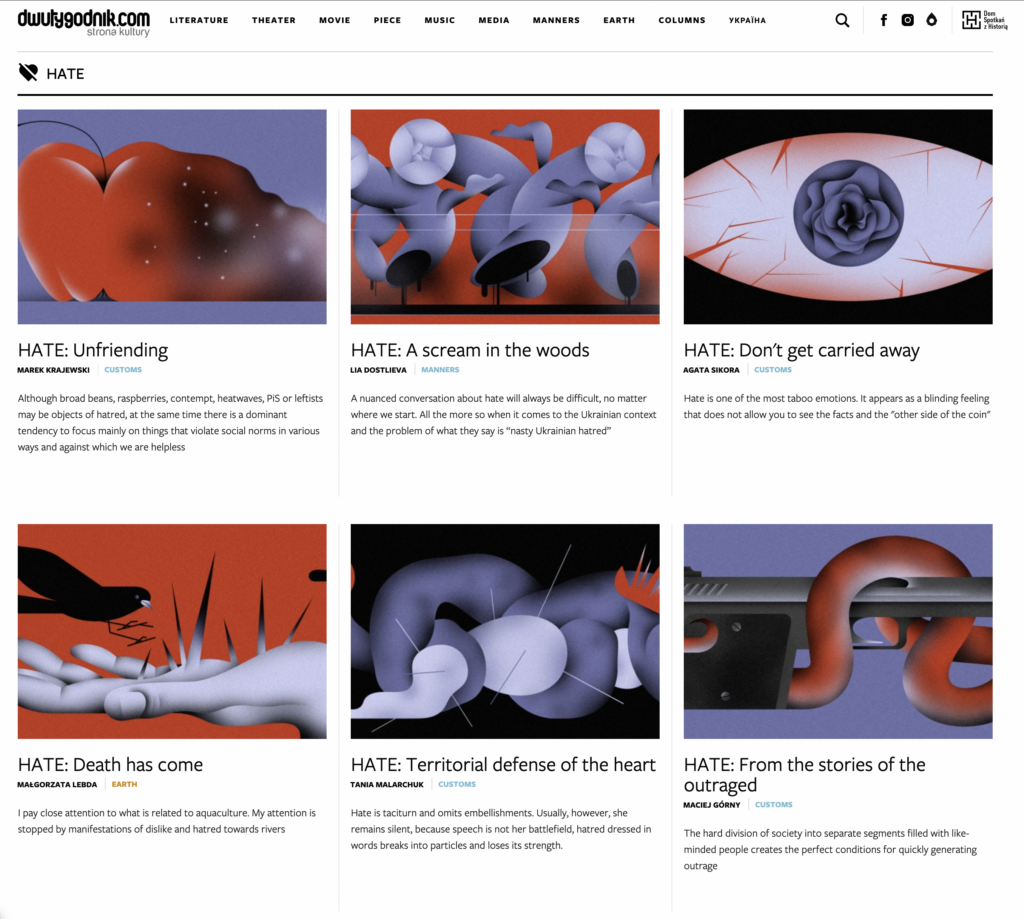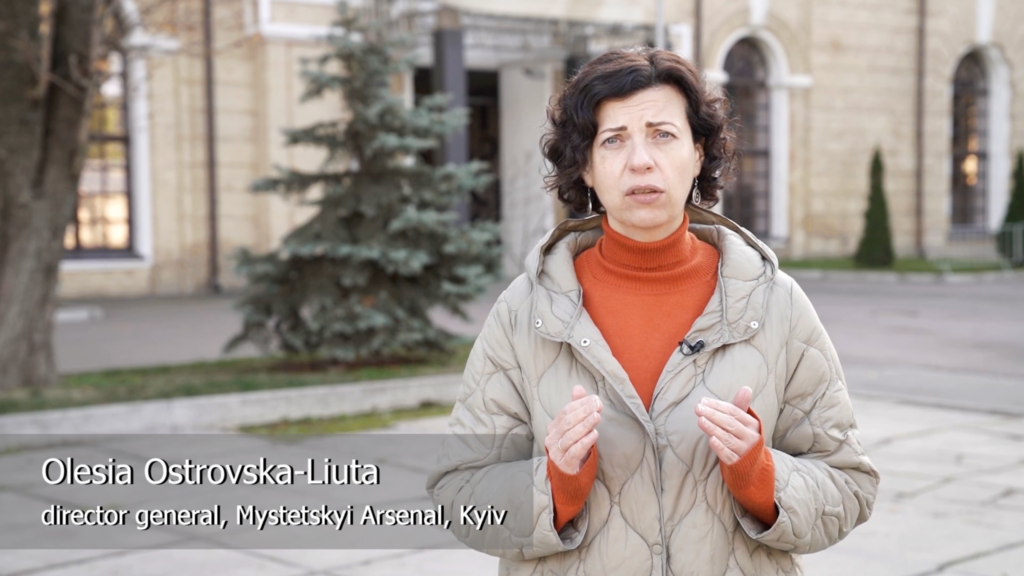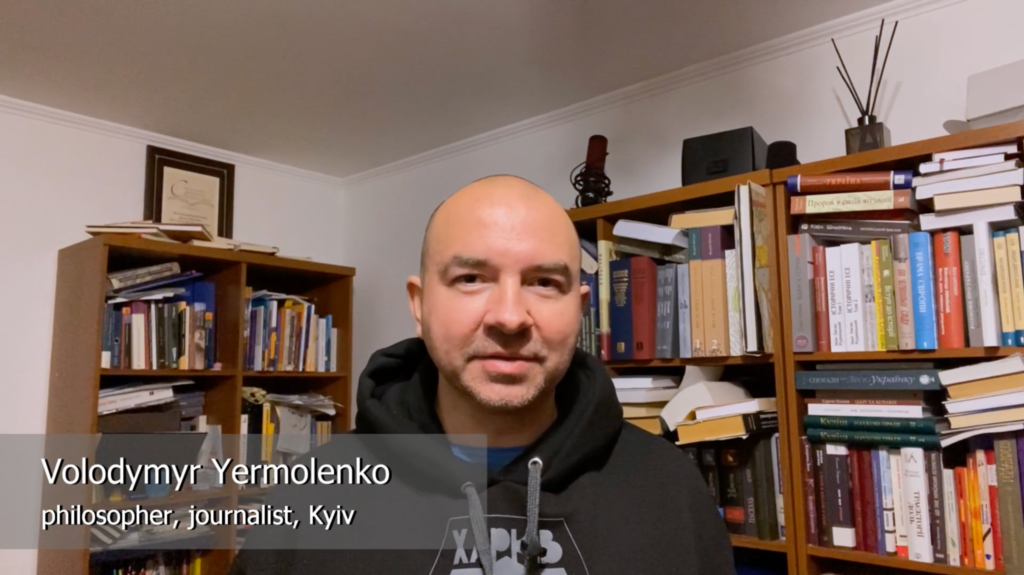Transparent decision-making allowed a generation of engaged and experienced professionals to step into the key institutions and literally turn them around or create them from scratch. Public funding gave an unprecedented push for an astonishing number of cultural projects, initiatives, and new institutions everywhere in the country. When it started to crumble, everyone in the network felt the effect. Because this wasn’t about the big institutions, this was about enabling and supporting the growth of a wide range of initiatives and organizations, sustaining and caring for the ecosystem that is at the core of civil society.
Today, it is of the utmost importance to see cultural networks and institutions as carriers of archives and history, as embodiments of cultural memory, and also as pillars of civil society.
The strength and resilience of cultural alliances, networks, and institutions in Ukraine is a sign of the resilience of our society.
4. Culture
All the questions and thoughts that I just shared make sense only against the background of one crucial question: How do we see culture?
Are we currently witnessing a return to the discussions from 2014–15 when culture was relativized next to the threats of the war? If we as a society make a list of important things, where would culture stand? What is more important: funding the army or funding a museum? Donating for food and water supplies or for a book?
I want to believe we all know the answer now, and we know it not from some theory but our own practice: every day we donate money — to the army, to supporting friends, colleagues, and complete strangers that fight, to support the vulnerable, and to the art emergency support funds, generators for public spaces, and books.
I’m fascinated with the case of the fundraising campaign to translate the book on Holodomor created by the two journalists, Oleksandr Zinchenko and Vakhtang Kipiani, just a few days ago. They asked for a total of 100,000 UAH. They collected 150,000 UAH in a matter of hours.
This is happening because the war and the clearly articulated arguments behind it, in their own cruel way, crystallized the simple fact that culture is the basis of our society. It holds memory, thinking, knowledge, and a constant inquiry into our constantly changing identity. Moreover, it has a liberatory utopian power, a power to imagine and reimagine the future that belongs to our particular society and works to support it.
This liberatory, imaginative, utopian, and germinating power of culture should be neither forgotten, nor taken over by rationalizing attempts to justify funding for culture. Of course, culture can generate jobs, contribute to GDP, or support understanding. But that is not what is important about it. It is who we are and why we are still here, fighting.
5. Education
It’s good to imagine that both visionaries and professionals are already being born that way — but actually neither is. Moreover, true visionaries can only be professionals with deep knowledge and understanding of what and how culture really is.
If there was one part of the cultural network that suffered significantly from the war, it was cultural education. The formal educational system was rather outdated and disconnected from the overall cultural context long before the war. Actual cultural and artistic education mostly relied on informal temporary networks of peer-learning, on short-term workshops or training courses, or education abroad, not on Ukrainian educational institutions.
The challenge to restart, basically to reinvent education for cultural professionals is huge. But what we have now and did not have before, is a very vast network of excellent professionals who are getting both education and experience in European and North American academia, art schools, and various cultural institutions. Most of them — if not all — are deeply connected and engaged with the Ukrainian cause, which will certainly increase if given more possibilities.







